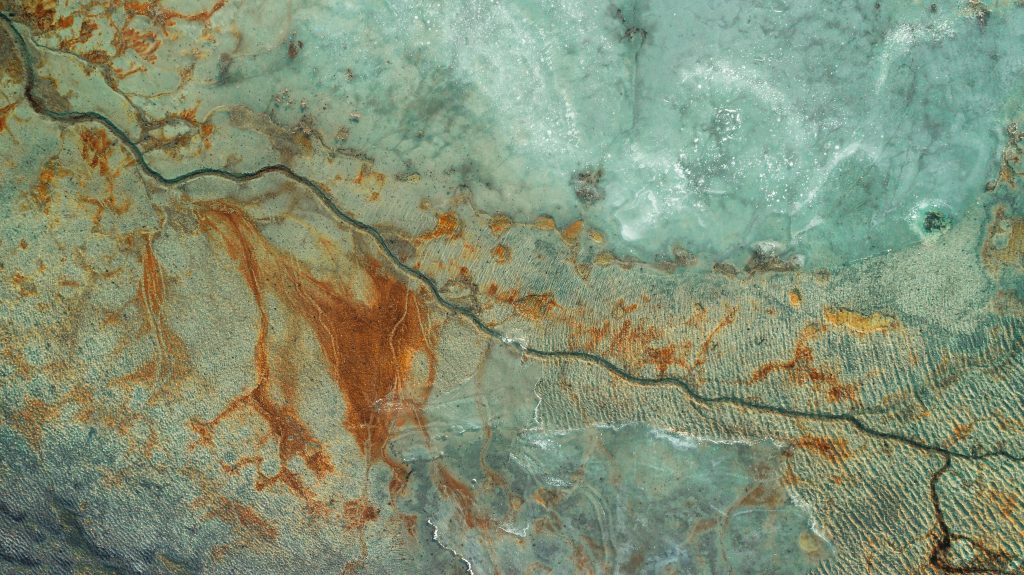
February 12, 2026

On Wednesday, June 14, 2023 Senat of UP on its 40th Meeting established the NEBAcademy Pioneer Hub for Sustainable Built Environments with Renewable Materials (NEBAP Hub) and appointed prof. Andreja Kutnar, PhD as a head of the NEBAP Hub for the next 4 years.
The European Union is fighting climate change by implementing ambitious policies in the EU and by working closely with international partners. Europe plans to become the world’s first climate-neutral continent by 2050. In order to achieve this ambitious goal, it adopted the European Green Deal on 11 December 2019. This was followed by the New European Bauhaus initiative, launched by the European Commission on 18 January 2021. The aim of the initiative is to create new ways of living at the intersection of art, culture, social inclusion, science and technology based on discussions. It enables the implementation of the Green Deal in our living environment. It is a call for the design and creation of a sustainable and inclusive environment that we will build with joining forces and that will inspire us with beauty. On 27 January 2023, UP became a partner of the New European Bauhaus. It actively monitors the development of policies and is also involved in the preparation of action plans and programmes that will enable the EU to achieve its goal of becoming the world’s first climate-neutral continent.
In the EU, almost 40% of total Greenhouse Gas (GHG) emissions stem from the operation of buildings and additional 10-20 % of GHG emissions are embodied emissions from buildings, including construction products, transport and demolition. Therefore this sector is key to implementing sustainable improvements and achieving the goals of the European Green Deal. To make the European Green Deal a success while maintaining the competitiveness of the European construction and building ecosystem, there must be a transition to a sustainable, digital, and inclusive future within the ecosystem. The New European Bauhaus (NEB) is a major factor in this transition and is taking steps to accelerate and support change. The New European Bauhaus Academy is a further important initiative on this path.
The NEBAP Hub at UP is focusing on the sustainable built environments that are regenerative and inclusive spaces that minimise environmental impacts through decarbonisation and lead to positive societal and economic impacts, including health and wellbeing. Non-exhaustively this includes design and use considering beauty and functionality, land and material use (emphasis on natural renewable materials), user perspectives and co-creation; low environmental impacts via circular principles (construction, maintenance, life-extending solutions, and deconstruction for reuse). The NEBAP Hub at UP will be:
The trainings include the following topics: design, materials, buildings, circular economy, cultural heritage, and digitalization of built environment. They are provided for national and international ACE (Architecture, Construction, Engineering) professionals, citizens & cultural actors, policy makers, students and educators, investors, insurers, standardization bodies. The trainings are tailored to the identified gaps and needs, which are to be obtained through the survey on knowledge gaps and needs of the construction ecosystem through out Europe.
In the coming days, the constitutive sitting of the Managment Board and the Council Board of the new NEBAP Hub will take place.
NEBAP Hub Managment Board:
Council Board of the new NEBAP Hub:
UP is proud to take a leading role in the European Commission’s initiatives to accelerate the transformation of the construction industry for a more sustainable future and, in the words of Prof. Dr. Klavdija Kutnar, Rector of UP: »Through NEBAP Hub we aim to support the green transition of the built environment in Europe and beyond!«
![]()
The project Green, Digital & Inclusive University of Primorska (GDI UP) is co-financed by the Republic of Slovenia, the Ministry of Higher Education, Science and Innovation and the European Union – NextGenerationEU. The project is implemented in accordance with the Recovery and Resilience Plan (RRP) under the development area Smart, Sustainable and Inclusive Growth, component Strengthening competencies, in particular digital competencies and those required by the new professions and the green transition (C3 K5), for the investment measure Investment F. Implementation of pilot projects, the results of which will serve as a basis for the preparation of a roadmap for the reform of higher education for a green and resilient transition to a Society 5.0: project Pilot Projects for the Reform of Higher Education for a Green and Resilient Transition.